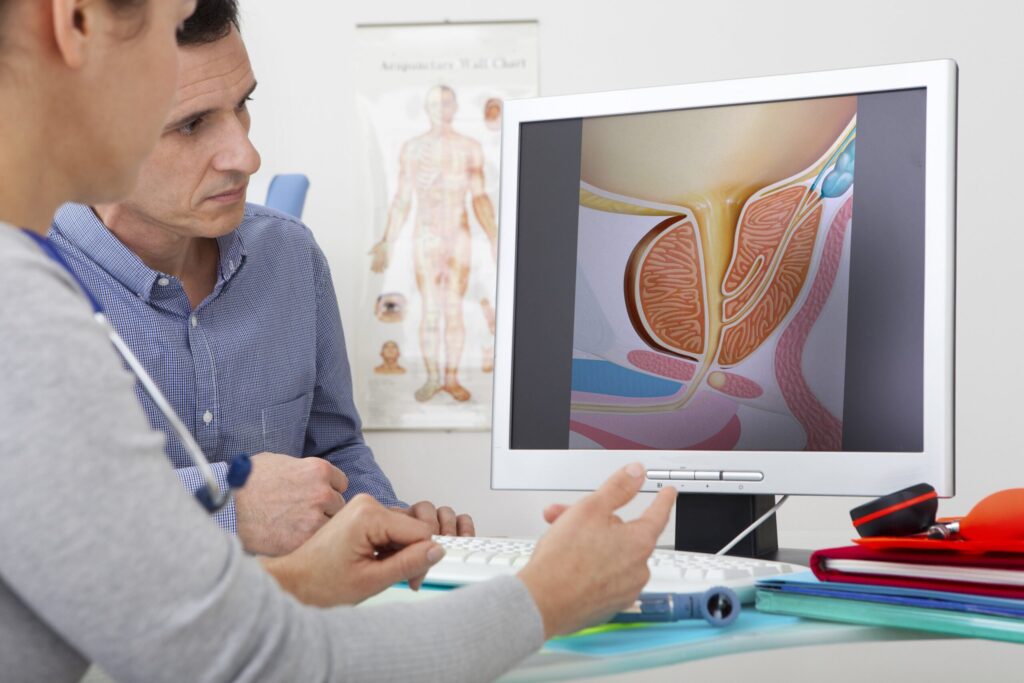Prostate cancer doctors, called urologists or oncologists, specialize in diagnosing and treating this specific type of cancer. After initial treatment concludes, the recovery phase begins, a period where ongoing medical support is beneficial. These physicians, who guide patients through each step, manage their health and monitor their progress after treatment has finished. Here is how they can support you through recovery:
Providing Follow-up Care
Your doctor may schedule regular follow-up appointments, so you will have dedicated times to discuss your health. Appointments provide a structured opportunity for you to review your recovery and serve as a space where you can ask questions. Monitoring your condition over time is a standard part of the post-treatment process.
A physical examination may be part of these visits. Your prostate cancer doctor might also order specific tests, and these tests can help to get a complete picture of your health status. This systematic approach, which helps track your body’s response, provides a comprehensive understanding of your progress.
Follow-up care provides a consistent connection to your medical team while you navigate the recovery period. Your physician may track your health data from one appointment to the next, which helps in observing long-term trends. This continuity helps build a comprehensive health record over months and years.
Prescribing Medications
Following prostate cancer treatment, some patients may need medications to manage side effects or other related conditions. Your doctor evaluates your individual situation and may prescribe medications. These prescriptions are tailored to your health profile and recovery needs, so it is helpful to communicate any new or changing symptoms.
Offering Nutritional Guidance
Your physician may offer advice on diet and nutrition during your recovery. A balanced diet supports overall wellness, and your doctor may have specific recommendations based on your needs. While they are not dietitians, they can provide guidance and refer you to a specialist if more planning is needed.
Staying well-hydrated is a significant part of recovery, as water plays a key role in bodily functions. Proper hydration helps with digestion, nutrient absorption, and overall energy levels. Although hydration needs vary depending on individual circumstances, your physician can help determine the right amount for you to stay healthy and energized.
Checking Progress
Monitoring recovery involves tracking specific health indicators over time. One method for checking progress is through prostate-specific antigen (PSA) tests, which measure the level of PSA in blood. Your doctor will review the results of these tests with you and explain what the numbers indicate in the context of your personal health history. They may check for:
- Weight management: Sudden weight changes may signal issues that need attention.
- Mental health: Monitoring mood and mental well-being is helpful for holistic recovery.
- Activity levels: Assessing your capacity to engage in daily activities without excessive fatigue can reflect progress.
Visit a Prostate Cancer Doctor
Continuing to see a prostate cancer doctor after treatment is part of the long-term management of your health. These specialists use their knowledge to monitor your recovery, and they provide a central point of contact for your post-treatment medical care. If you are in the recovery phase, it is advisable to schedule an appointment with a prostate cancer doctor to discuss your follow-up care plan.


